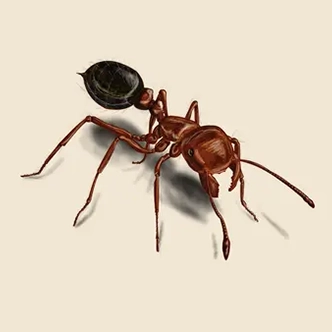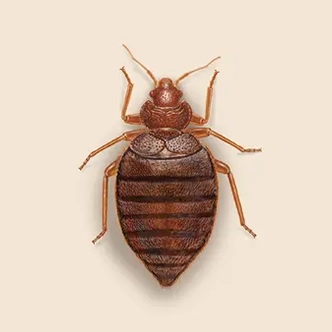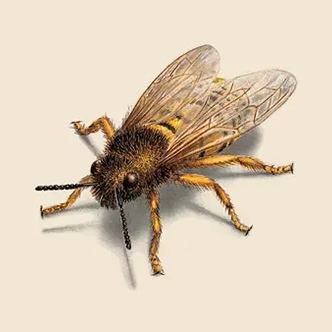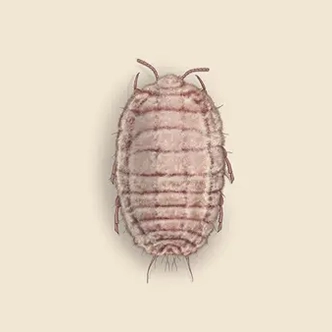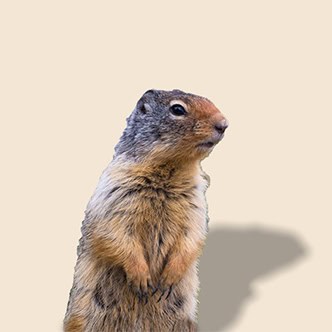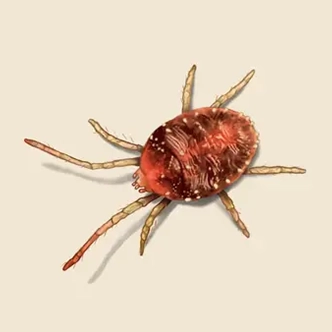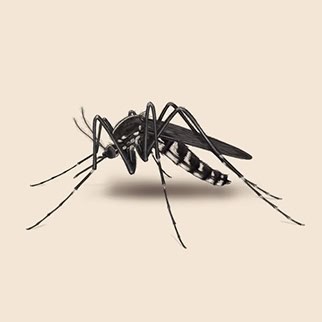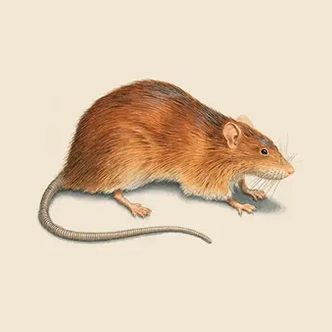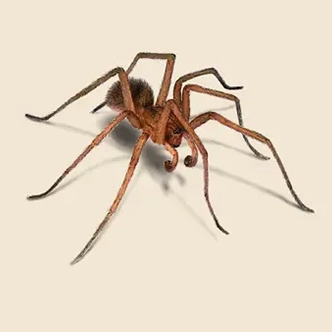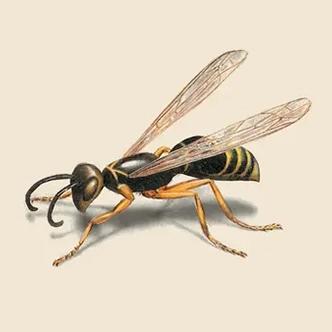Pest Control and Exterminator in Hacienda Heights
Pests are a common concern for residents of Hacienda Heights, but Hearts Pest Management offers effective solutions to keep them under control.
With our focus on integrated pest management and organic options, we provide safe and environmentally friendly pest control services. Whether you're dealing with ants, spiders, or other pests, our tailored service plans are designed to meet your specific needs and ensure a pest-free environment year-round.
Common Pests we service in Hacienda Heights
Organic "Green Thumb" Program
EPA Award Winning

Active Member of the National Pest Management Association
Why Choose Hearts Pest Management:
- Health Conscious
- First Do No Harm!
- Custom Built Plans
- Flexible Scheduling
- Experienced Technicians
- Budget Sensitivity
Your leading Pest Control Services in Hacienda Heights
Hearts Pest Control stands out as the premier choice for any extermination for several reasons:
Expertise
Our technicians undergo rigorous training and stay updated on the latest industry standards and best practices.
Construction-Friendly
Don't wait until construction is complete to address ant issues. Our technicians work seamlessly with construction and landscaping crews to provide proactive solutions.
Personalized Service
Whether you prefer organic options or have specific concerns about pets and family members, we tailor our services to meet your needs.
Ongoing Support
Our service doesn't end with treatment. We provide ongoing consultation to help you maintain a pest-free environment for your family.
Free Pest Control Inspections in Hacienda Heights
Call Now 1-800-986-1006
or complete the form.
- Ants
- Bedbugs
- Bees
- Birds
- Garden Pests
- Gophers
- Mites
- Mosquitoes
- Roaches
- Rodents
- Spiders
- Wasps
